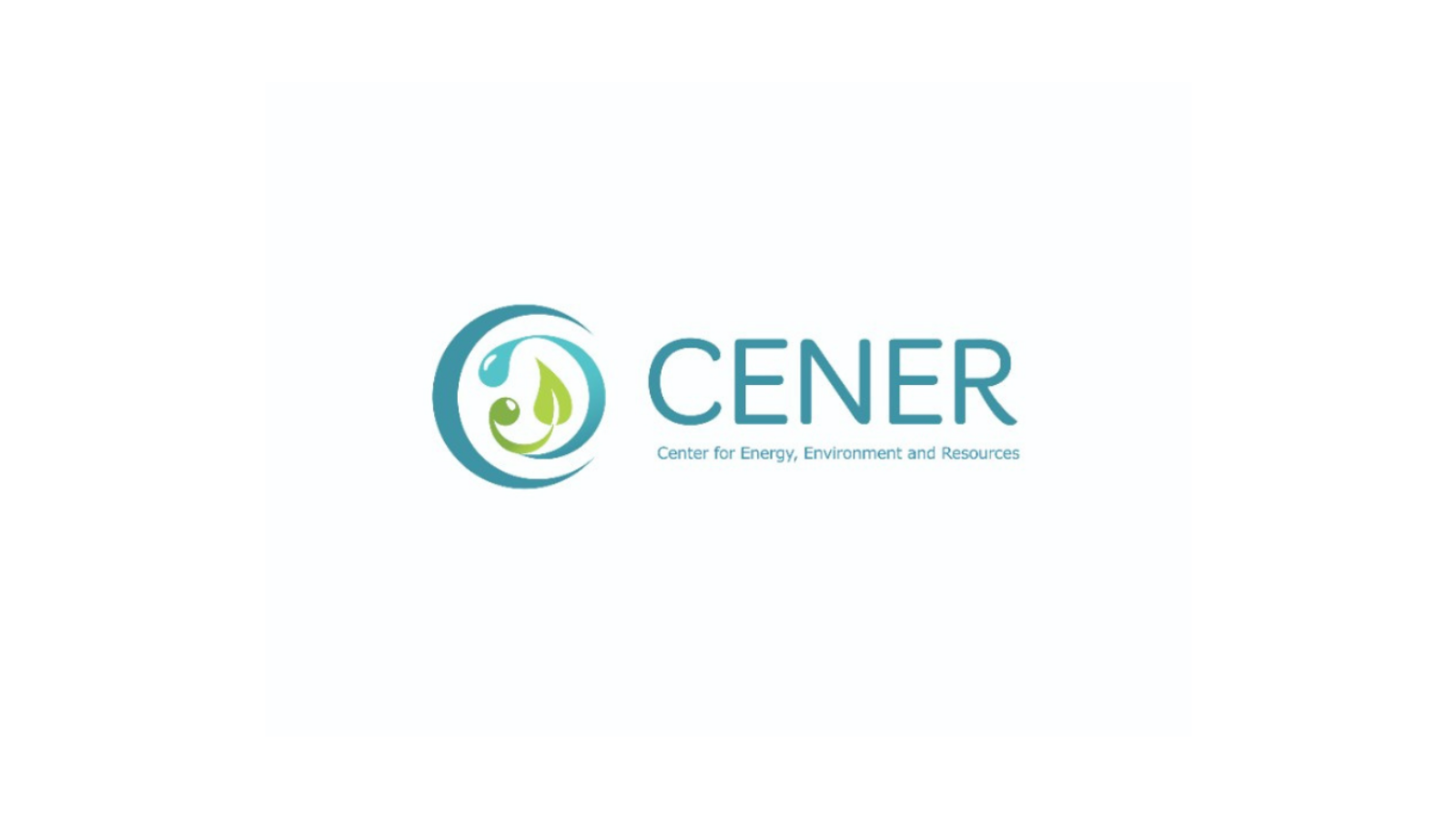Summary of the project implemented by Center for Energy, Environment and Resources – CENER 21
The aim of the project is to support the energy transition and strengthen energy security in Bosnia and Herzegovina and contribute to the fulfillment of national/entity strategic documents and the Green Agenda for the Western Balkans within the country’s territory. Through three work packages, the project will enable the exchange of knowledge and experiences from the perspectives of different participants, guided by the so-called “quintuple helix” approach, which implies cooperation between civil society organizations (CSOs), the academic community, industry, institutions, and the public. The project’s implementation is based on two principles: knowledge sharing and networking with the goal to transfer relevant skills to interested parties and create replicable results that can expand the project’s scope and create conditions for contributing to the energy transition. During the project implementation, special attention will be given to energy security from the aspect of addressing the issue of energy poverty (energy for all – a just energy transition), as supply security ultimately contributes to resolving the matter of energy poverty.
Project goals
- General Project Goal: To strengthen energy security through joint activity of the quintuple helix (relevant institutions, CSOs, the academic community, industry, and public) in promoting green energy transition by combining a “bottom-up” approach with a “top-down” approach.
- Specific Project Goal 1: To strengthen the capacities of all stakeholders in energy transition as a tool for establishing energy security and the importance of joint collaboration.
- Specific Project Goal 2: To strengthen the capacities for decarbonizing the production process, establishing energy management, and achieving supply security from renewable energy sources in small and medium-sized enterprises (SMEs).
- Specific Project Goal 3: To promote EU policies and practices of states, local communities, industries, and households for establishing energy security.
Beneficiaries
The project will have a wide range of beneficiaries, including CSOs, who will gain enhanced knowledge about the technical, economic, and political aspects of energy security which can further support their mission and activities in the energy sector. The academic community will have the opportunity for research and development related to energy security and decarbonization, which can contribute to new funding sources, partnerships, and collaborations with industry and other stakeholders. Government entities will gain valuable information and recommendations, enabling them to develop effective energy policies and regulations, with the goal of strengthening energy security through a “top-down” approach and raising public awareness about its significance. SMEs will benefit through increasing resource efficiency, reducing environmental impact, and increasing efficiency based on recommendations obtained through the implementation of resource efficiency and cleaner production (RECP) audits, which will result in cost savings and increased market competitiveness. The public will have access to information about best practices in energy security and transition to green energy, enabling them to make informed decisions, reduce energy costs, improve financial well-being, and support initiatives in this area.
Main activities
- Strengthening the capacity of stakeholders to improve energy security:
Mapping stakeholders in Bosnia and Herzegovina in the field of supply security;
Organization and implementation of energy security knowledge sharing workshops
Advocacy of project results and recommendations to decision-makers at higher levels
Preparation of project conclusions reports and expert recommendations for various stakeholders
- Strengthening the capacity of SMEs for decarbonization and improving energy security
Organization and implementation of training workshops for SMEs on topics such as resource efficiency, cleaner production, and energy management
Implementation of RECP audits in 5 manufacturing SMEs
Development of transition plans based on conducted RECP audits and implementation of identified measures
- Raising public awareness about the importance and methods of improving energy security
Implementation of a promotional campaign for the public through social media
Organization of a challenge for the public aimed at saving electricity
Development and promotion of a Case study on the implementation of RECP audits in manufacturing SMEs
Interviewing five experts on energy security
Organization of a Final Conference regarding achieved project results
Related news
Green Transition: Challenges and opportunities for the Bosnian-Herzegovinian economy








